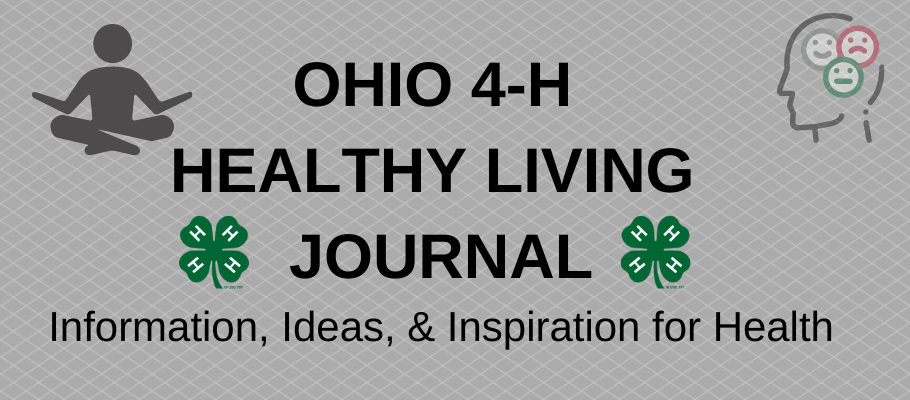Laughter is like a windshield wiper. It doesn’t stop the rain, but it allows us to keep going.
I don’t know about you, but we’re only two weeks into 2021, and it’s already been a bit overwhelming. When we feel stressed, it’s time to indulge in some self-care strategies. Today I’m going to explore how laughter can help us combine fun and self-care.
Although we often use the words “laughter” and “humor” interchangeably, they have different definitions. Humor refers to the stimulus, such as a joke; laughter is the response. It’s a physical response: there are distinct sounds and certain facial expressions that accompany laughter. I’ll bet you can hear the difference between a giggle and guffaw, chuckle and chortle, shriek and snicker, roar and howl. And have you ever laughed so hard you cried or got out of breath? (I have!) Sometimes your entire body gets involved: think of the expression ROFL used in text messages – rolling on the floor laughing.
Speaking of sayings, have you heard the saying, “Laughter is the best medicine”? It turns out, there is some truth to this saying. Laughter makes us feel better. It can elevate our mood, perhaps because it decreases stress hormones. The act of laughing can release tension in your body, and it has been used to help people manage pain.
If you think that cognitive neuroscience and laughter don’t go together, then you need to watch this TED Talk. Cognitive neuroscientist Sophie Scott shares some surprising facts about laughter, and yes, it’s pretty funny too.
Among some of the interesting information that Dr. Scott shared:
- Animals laugh too.
- Laughter is social. You’re 30 times more likely to laugh if you’re with somebody else than if you’re alone.
- Your brain can distinguish whether laughter is “involuntary” or “posed.” So, you could say that laughter is all in your head.
Why does laughter work? Laughter in general may help us to feel good, and shared laughter can strengthen our relationships. It shows we’re on the same wavelength. Laughing together makes us feel closer and gives us something to share with friends. Humor can add to the shared experiences that are the foundation of relationships (“Remember that time when….”). Thus, laughter can help us build social connections, which contribute to our overall health.
In public speaking, using humor is one of the recommendations, in short, because humor works. Humor is useful in public speaking because it helps you connect with your audience. It can keep the audience’s attention and make your presentation more memorable. The use of humor should be appropriate and in good taste – If you question whether it’s appropriate, then it probably isn’t. Use the grandmother test: Is is a joke you’d feel comfortable telling your grandmother? It’s okay to poke fun at yourself (called self-deprecating humor). As noted in the business newsletter Inc., “laughing at your imperfections allows you to recognize them, accept them, and then move along,” and thus it can work to your advantage in building relationships. But you should not use humor to mock someone or laugh at someone’s expense. And unless you are a stand-up comedian, it is better to go with the less-is-more approach and use just a few well-placed jokes.
Here are some suggestions for injecting more laughter into your life.
- Watch a comedy show or an old TV sitcom or read a funny book.
- Play with a pet, they do some pretty funny things.
- Spend time with people who make you laugh.
- Play a game like charades, Pictionary, or Apples to Apples.
- Write song parodies (change the words to popular songs).
- Tack up jokes, funny sayings, or memes in your desk area.
- Look up some jokes on the internet. Write each one on a slip of paper and put them all in a jar. When you need a mood boost, pull out a slip and read the joke.
Reading about laughter and looking up jokes on the internet has certainly put me in a better mood. I had so much fun looking up jokes that I almost forgot I was writing this post! Here are a few that made me chuckle:
- What gets more wet the more it dries? A towel.
- Why can’t your nose be 12 inches long? Because then it would be a foot.
- Why couldn’t the pony sing a lullaby? Because she was a little horse.
- Why did the math book look so sad? Because it had so many problems.
Today’s Take-Away: Find some ways to add laughter into your life and spread it to those around you.  See our previous post on Mad-Libs that you can use at one of your 4-H Club meetings. Then maybe you can try making up one of your own.
See our previous post on Mad-Libs that you can use at one of your 4-H Club meetings. Then maybe you can try making up one of your own.
Yours in Health,
Theresa Ferrari, Extension Specialist, 4-H Youth Development


